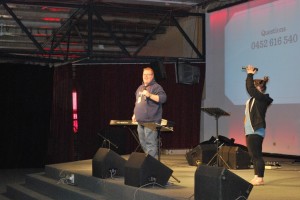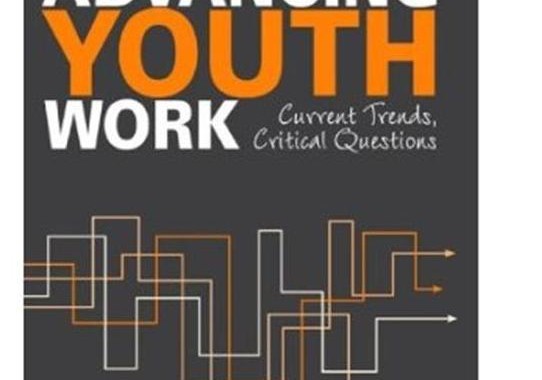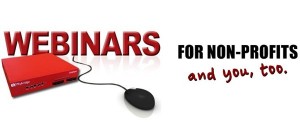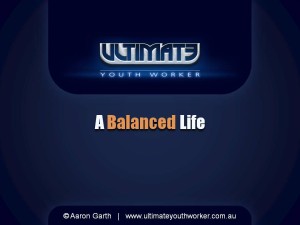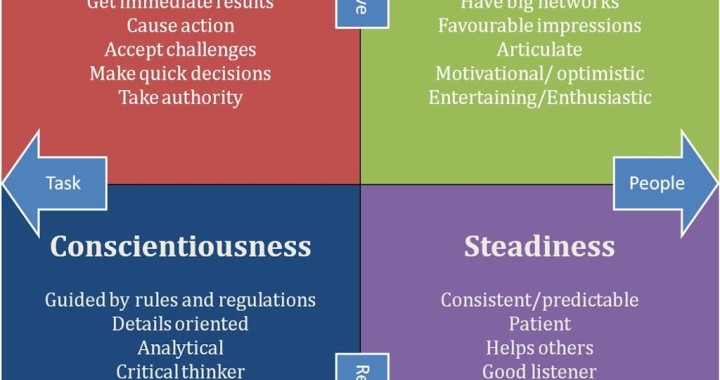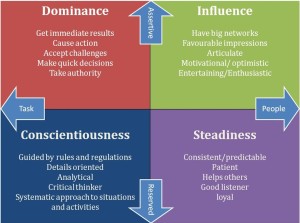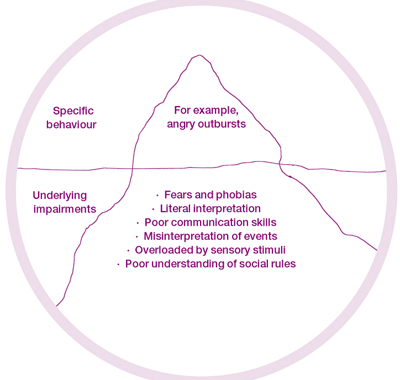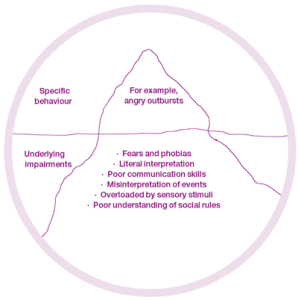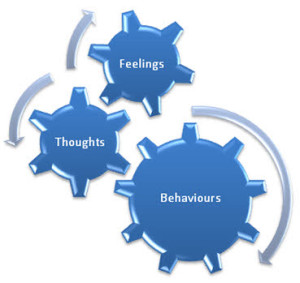Are we falling behind???
Are we becoming as obsolete as the home phone, the floppy disk or the hand held calculator???
Are we able to keep up with the rapid expansion of technology?
It used to be that if you needed your home stereo hooked up, your website developed or an email list for you group you could ask a youth worker and they would have an understanding of what to do…however rudimentary. However, over the past ten years I have seen an alarming trend towards a lack of technology use in youth work. Even worse, youth worker’s who do not have the skills to meet even the most basic of technological requirements.

A few years ago I was whimsically known in my organisation as ‘IT Support’. If any one in my team had an IT issue I was called in before we would call our organisations IT officer. How did I get this job you may be asking? Was it my years of study in IT? Perhaps because I was an avid gamer or computer nerd? conceivably, it was my years of university study where I used Microsoft Word on a daily basis. Actually, it was none of these! One day I helped my team leader to categorise and colour code her calendar. That is what made me the IT guru in my organisation.
Many of the ‘problems’ I was asked to fix in that team were pretty basic. As my wife says, it will ask you first if you really want to do something before you kill the machine. I fixed a few Word, Excel and PowerPoint issues and recovered a document or two, but nothing I would write home about. These skills were learnt by asking questions of people who knew more than me when I experienced those issues and then being able to remember what to do when it happened again. A small confession… I am the least tech savvy person in my friendship network.
With new technology coming onto the market every minute you would hope youth worker’s were at least keeping up, sadly if anything we are falling behind at an ever increasing speed.
-
Our organisations. Organisational policies and procedures have become quite stringent as a knee-jerk reaction to possible legal and ethical issues which arise from the use of technology
-
Technology is changing so fast it is hard to keep up. If you do not devote time to seeing what is out there you can not keep up to date.
-
Technology costs money. I worked in an organisation two years ago that were still running windows ME on their computers which were ten years old!!!
-
So if it is important to our interactions with young people we should learn a bit about it right???
I was recently given the unpublished results of a survey from the UK where youth workers were asked how they preferred to take on professional development. No surprises, we prefer face to face contact. The biggest surprise for me though was that using technology to gain professional development was ranked lowest of 18 possibile choices. A cursory look at some of our social sector colleagues shows that their use of technology for professional development is expanding. The
Australian Psychology Society and the
National Association of Social Workers in the US provide great online training opportunities for their members however, the world across there is little for youth worker’s. This
MUST change!!!
Here are a few reasons this can and should change.
-
Web based training is cheaper than other forms available. If and average worker is on $20 and hour and they attend a half day seminar that goes for 4 hours it costs the organisation $80 before they even get there. lets say it is in a major city and your organisation is in the outer suburbs, roughly an hour each way by transport is another $40 in lost productivity. Train tickets or petrol =$$$. Then there is the cost of the training. Is it catered, add more money. The average half day seminar in Melbourne currently goes for around $120.
- The equation looks a little like this:
- Conference attendance/lost productivity = $80
- Transport/lost productivity = $40
- Transport costs = $???
- Parking = $???
- Seminar cost = $120
- Catering = $???
- Total cost =$240+transport
- Same seminar done online =$200 (no transport costs, no catering etc.)
-
It is easier to attend. If your seminar is from 10am-2pm you can get to work at 9am and spend an hour catching up on emails. at 2pm when the seminar finishes you grab a bit to eat and are back at your desk by 2:30pm (and you had a snack or two at your desk while you were at the seminar). All you need is a computer with Internet access and a headset with a mic. Also you can attend training on the otherside of the world with great trainers just by getting online…No need for a $1000 plane ticket.
-
Online seminars provide handouts etc online. Whether you are at a webinar, listening to a podcast or watching a pre-recorded PowerPoint most providers also give you access so that you can go again and print/save documents for future reference.
-
Your boss won’t think you are playing hooky. From our experience we have found that many bosses struggle with sending staff to PD because they have issues with trusting that you will be there the whole time and actually pay attention. It is usually not because you have given them a reason but they are remembering what it was lie for them. If you are in your cube or office and you are visibly doing your training then there is no reason to doubt you.
These are just a few of our thoughts, we know there are many more. Obviously we are biased. We write
a blog for youth worker’s because of the lack of available professional development. We use social media including
Facebook,
Twitter,
LinkedIn,
Stumbleupon and
Pintrest to further the networks and development opportunities for youth worker’s who want to become the best they can be. We believe that online is not only the best but the only way forward for us as a sector seeking excellent professional development.
To that end we wanted to let you know what we have been up to for the last couple of months and what it means for you our loyal readers. Recently we asked you to
complete a survey for us (
if you haven’t there is still time) this has cemented our ideas on professional development needs in the sector. We have been getting our heads around some technology to provide some opportunities for exceptional, inexpensive, online professional development for Ultimate Youth Worker’s (
if you want to better yourself you are one!). We have also been writing up our training packages to support your needs.
So what does this mean for you as a youth worker?
In December we will be launching our first ever webinar to support youth worker’s to develop a self care plan. Stay tuned for a date closer to the event (hopefully first week in December).
In late January/early February we will be launching our podcast. We are currently recording and are getting some amazing guest hosts to provide inspirational and informative content to support you and your practice. Stay tuned for our official launch party!!! Its going to rock.
Of course we will also continue to provide our social network with challenges, inspiration and questions so please get on board and
like,
follow or
pin us where you can, and PLEASE tell your friends and colleagues. This revolution in youth services support can only happen with your involvement and a swell of numbers.
Thank you for your support and encouragement so far. If there is anything we can do to support you please let us know.
Aaron












